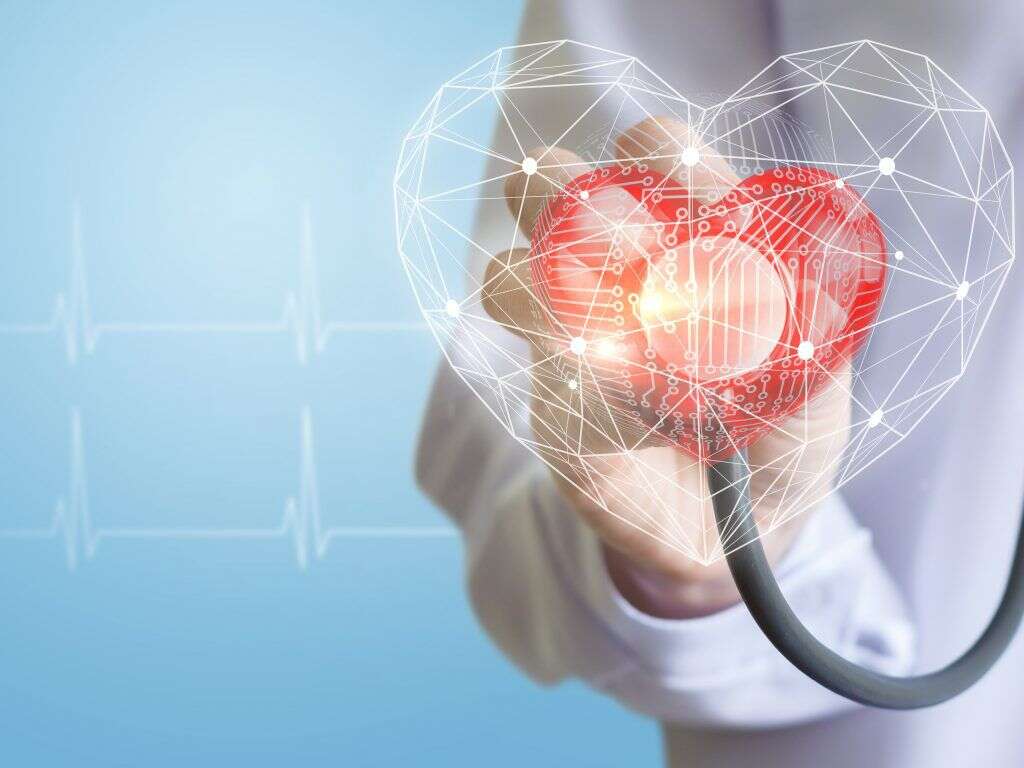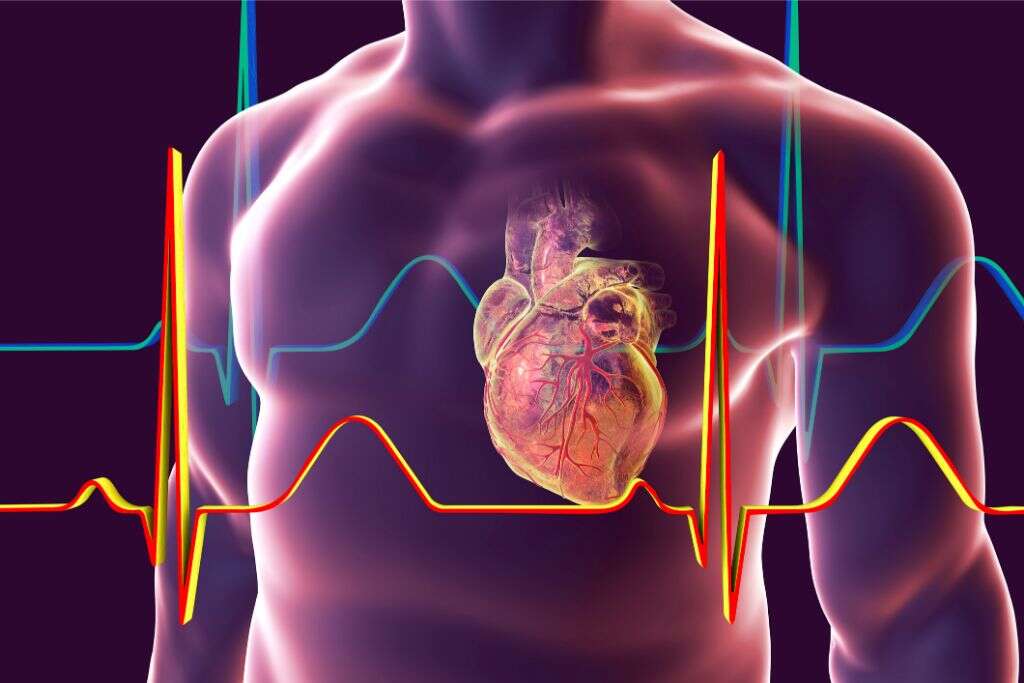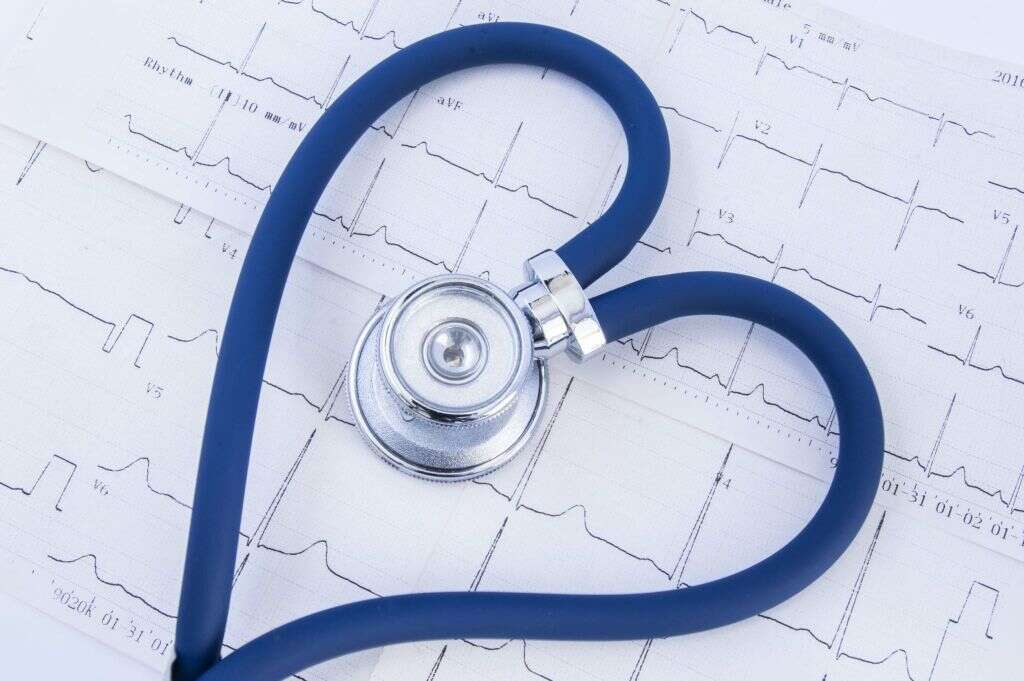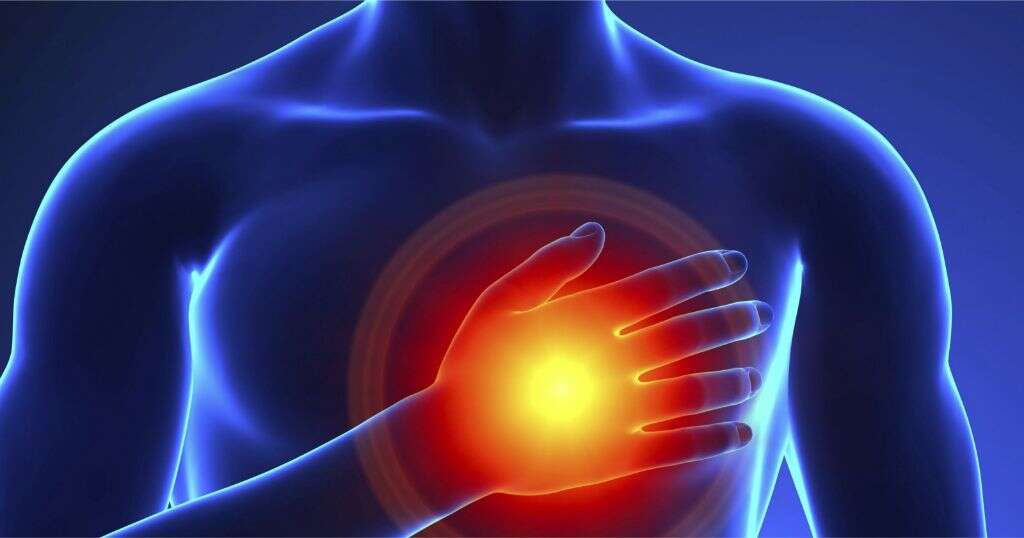10 Most Common Heart Conditions
Some of our organs are more or less important than others. Some we can live without quite comfortably, but others we are reliant on, with death a real possibility if something goes wrong. The heart falls into the latter category, so it is very important to keep it in the best possible condition.
There are numerous things that can go wrong with the heart. Some we are born with, while others will develop with age. Some conditions can have a mild effect on the patient’s well-being, if any at all, while others pose a very real and immediate threat to the patient’s life.
Here’s a look at a few of the heart conditions that people are most likely to experience.

Condition #1: Angina
Angina is a relatively common heart condition. It is not necessarily dangerous in itself, but it can be a sign of a potentially serious underlying condition. The condition manifests itself as a pain in the chest while it can also occur in the arm, jaw, neck, and even in the stomach.
The cause of this pain is that the heart muscles are not getting enough oxygen-rich blood. This can happen because of blood clots and also because of stress and exercise. Bear in mind that any unexplained pain in the chest can be a sign of something serious, so it should never be treated with complacency. It should also be noted that often times women having a heart attack will only experience angina symptoms and therefore may not seek help. This factor helps to explain the high mortality rate of heart attacks in women.

Condition #2: Unstable Angina
A patient with stable angina is likely to know the cause and know their limitations, helping them to prevent triggering an attack. Unstable angina, however, can be far more unpredictable and can happen when the patient is resting, or even when sleeping. The term unstable angina is also used to describe new onsets of angina.
Unstable angina is a more serious condition than stable angina and should encourage you to seek medical assistance. The attacks can sometimes last for up to 10 minutes and attacks can mean that some patients will need to be hospitalized for their safety. The condition is also often referred to as Acute Coronary Syndrome (ACS).

Condition #3: Valve Disease
When the heart muscles contract, the pressure could cause blood to flow backward through the system. To avoid this, the heart has evolved specialized valves that are forced closed when the heart pumps. These valves can sometimes develop problems, in a condition known as valve disease.
Problems with the heart’s valves will cause the heart to perform less efficiently. This will mean the heart will have to work harder than otherwise and it can also lead to a range of other unwelcome symptoms. Such symptoms include fatigue, shortness of breath, chest pain, and edema. Some complications may even be more serious such as blood clots, pulmonary embolism, or stroke.

Condition #4: Coronary Heart Disease
The whole body needs to be fed with a constant supply of fresh blood because this blood contains the oxygen and other nutrients that our cells need. The heart is no exception and it too must receive a constant supply of the red fluid.
Coronary heart disease is a condition in which the patient’s coronary heart arteries become blocked or narrower than usual. This means that less blood is able to flow to the heart, and this can obviously lead to problems. Patients with the condition are likely to experience angina, while their risk of having a heart attack is also considerably increased.

Condition #5: Congenital Heart Defects
The human body is quite a complex structure. As such, there is a lot that can potentially go wrong and it sometimes does. This includes problems with the heart, and there are various conditions that can affect how well it will function. These conditions will often have a profound effect on the quality of the patient’s life.
Congenital heart conditions will develop in the womb, meaning a baby is born with them. Quite often, they are an immediate threat to life and the baby may need life-saving surgery. At other times, they are not such an immediate threat, but the patient may still need to be careful about how they live the rest of their life.

Condition #6: Inherited Heart Condition
When we are conceived, our parents pass on the genetic code that determines how our body and much of our mind develops. This code is very complex, containing a vast amount of information, so it is inevitable that something will go wrong sometimes. Sometimes, this can have a direct effect on the heart.
Inherited heart conditions are those that have been passed down from the parents. They don’t necessarily start at birth and can first appear when people are adults. Indeed, a lot of people with an inherited heart condition will not even know. They can even lead to peoples’ death when they are not diagnosed.

Condition #7: Arrhythmia
Our heart has a natural pacemaker that we are all born with. Its job is to release a steady rhythm of electrical signals that help to keep the heart beating at a steady rate. It also helps to adjust the heartbeat when more blood needs to be pumped around the body, such as when exercising.
If these electrical signals were somehow affected, then it would also affect the functioning of the heart. It can sometimes lead to a condition known as bradycardia, which is when the heart beats too slowly. It can also lead to tachycardia, which is when it beats too quickly, while it can also lead to arrhythmia, which is an irregular beat.

Condition #8: Hypertension
Hypertension is a technical medical term for having a high blood pressure. It is a fairly common condition that affects millions of people across the globe. It can be the result of a wide variety of causes, and the most common causes are lifestyles choices, stress, and heredity.
Eating healthily and getting enough exercise can both be very effective at reducing blood pressure, depending on the cause. Hypertension is something that should be addressed because it can lead to serious health implications both in the short term and in the long term. It can even lead to heart attacks and strokes, making it a condition that should never be taken lightly.

Condition #9: Heart Failure
Our heart is hard at work every single day and it needs to be working just as well in old age as it was on the day we were born. That is quite a tall order, and our heart will sometimes begin to fade in its effectiveness as we get older. This is a condition known as heart failure, and it should be taken seriously.
There is a wide range of causes of heart failure. The symptoms will often get gradually worse over time, potentially leading to real danger for the patient. As heart failure worsens, patients will feel an increase in the severity of symptoms such as being short of breath and fatigue.

Condition #10: Heart Attack
As already mentioned, the heart needs a constant supply of blood if it is to operate as well as it is able to. If this flow of blood is decreased then the functioning of the heart will be affected. If the flow of blood to the heart was to stop completely, however, then the patient is in serious danger.
There are various reasons for a complete blocking of the coronary artery, and one of the most common is fatty tissue becoming dislodged elsewhere and making its way into the artery. Regardless of the cause, if you suspect that somebody is having a heart attack then you should make sure they get emergency medical attention.












